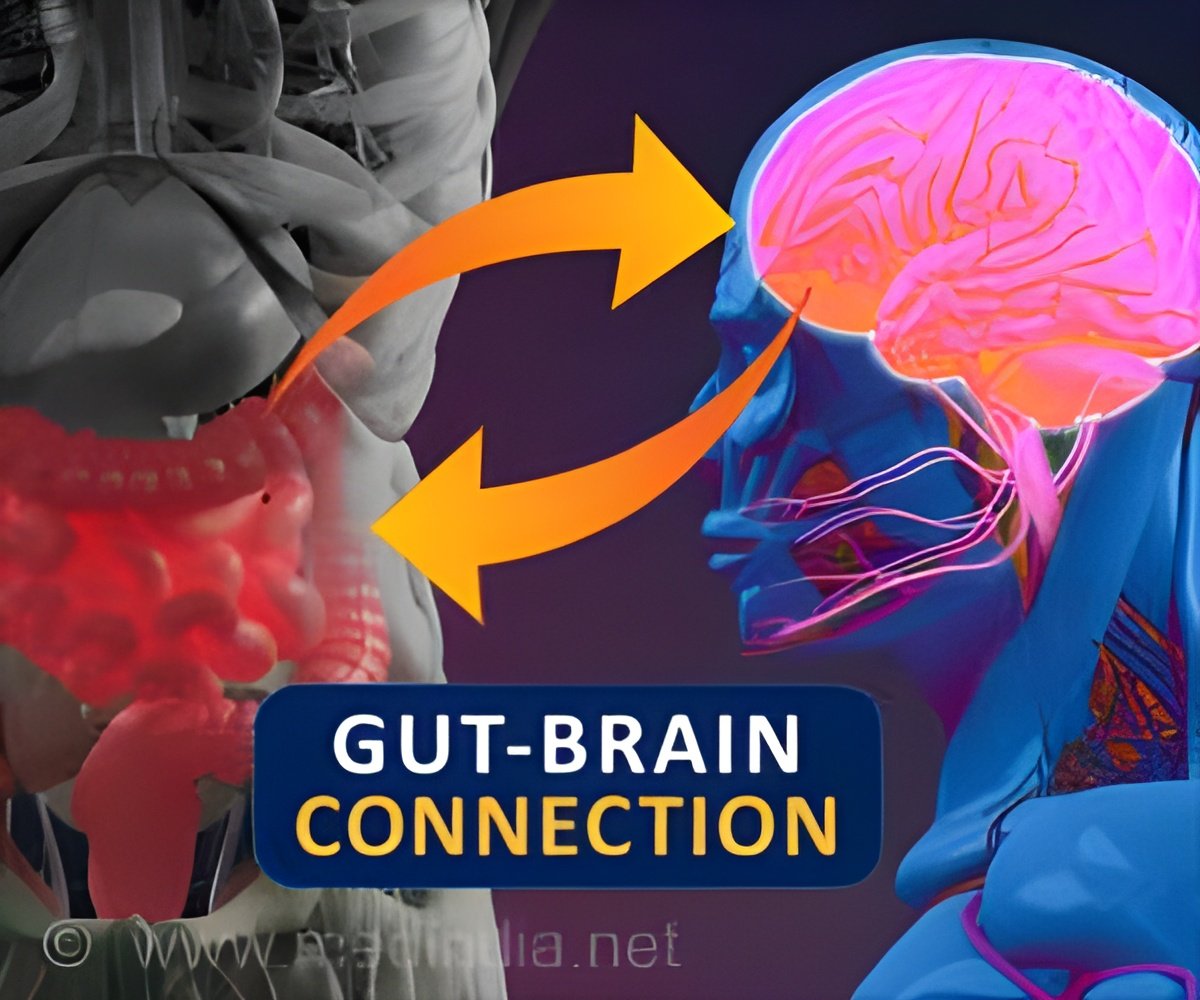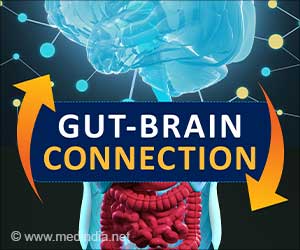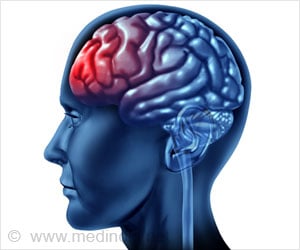Study finds link between gastrointestinal disorders and intracranial aneurysms.

Potential influences of gut microbiota on the formation of intracranial aneurysm
Go to source). The study suggests a possible link between GI syndromes and the development and rupture of intracranial aneurysms, highlighting the need for further exploration of this potential association.
‘Did You Know?
1 in 5 patients with intracranial aneurysms have a history of gastrointestinal disorders. #gutbrainaxis #intracranialaneurysms’





1 in 5 patients with intracranial aneurysms have a history of gastrointestinal disorders. #gutbrainaxis #intracranialaneurysms’
Gastrointestinal Symptoms Linked to Intracranial Aneurysms
In their study, “The Gut-Brain Axis: A Nationwide Database Analysis of Gastrointestinal Syndromes Preceding a Diagnosis of Intracranial Aneurysms,” researchers from the University of Pennsylvania found that certain digestive symptoms and diagnoses may precede the formation and rupture of IAs.The team analyzed data from 72,545 individuals with ruptured IAs, 46,748 individuals with unruptured IAs and matched controls looking for patients who had been diagnosed with GI disorders like gastroesophageal reflux disease, irritable bowel syndrome (IBS) and diarrhea before their IA diagnosis. Then, they validated their findings in a cohort study with a five-year timeframe. Researchers found that GI syndromes and appendectomy were associated with both ruptured and unruptured IA cases.
Specifically, patients with IA who had been previously diagnosed with difficulty swallowing (dysphagia), diarrhea and constipation were more likely to experience both IA formation and rupture, leading to hemorrhagic stroke.
Exploring the Gut- Intracranial Aneurysms Connection: Implications for Early Detection
Separately, they found that patients with IA who had been diagnosed with reflux disease, chronic stomach pain and bloating (known as functional dyspepsia), and IBS without diarrhea were more likely to only experience IA formation without rupture."There is evidence from animal studies suggesting a relationship between the gut microbiome and various inflammatory diseases, including the development and rupture of IAs. Therefore, validating this new potential connection in humans has been enlightening," said Georgios Sioutas, MD, the primary author of the study and a postdoctoral research fellow in neurosurgery at the University of Pennsylvania.
Advertisement
Dr. Sioutas emphasized the need for further studies to elucidate these associations and explore the intricate interplay among GI syndromes, the gut microbiome and IA pathogenesis.
Advertisement
- Potential influences of gut microbiota on the formation of intracranial aneurysm - (https://www.ncbi.nlm.nih.gov/pmc/articles/PMC6530585/)
Source-Eurekalert












